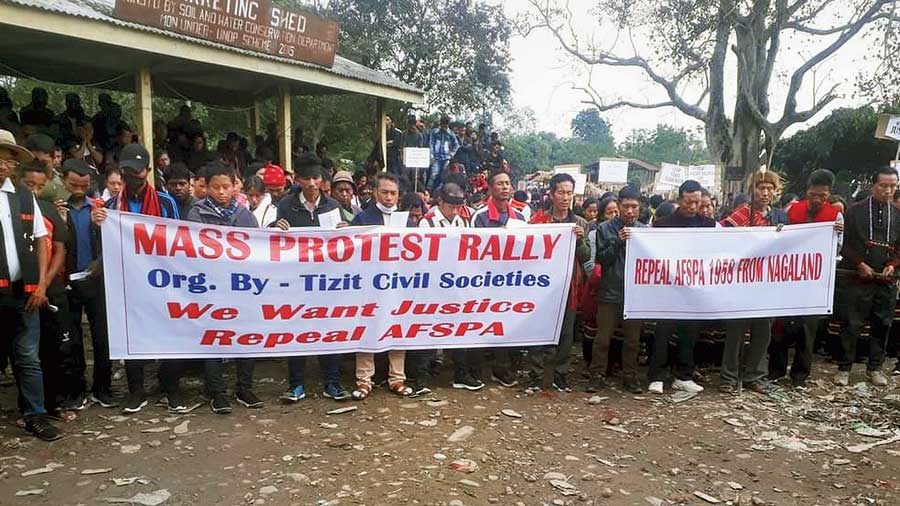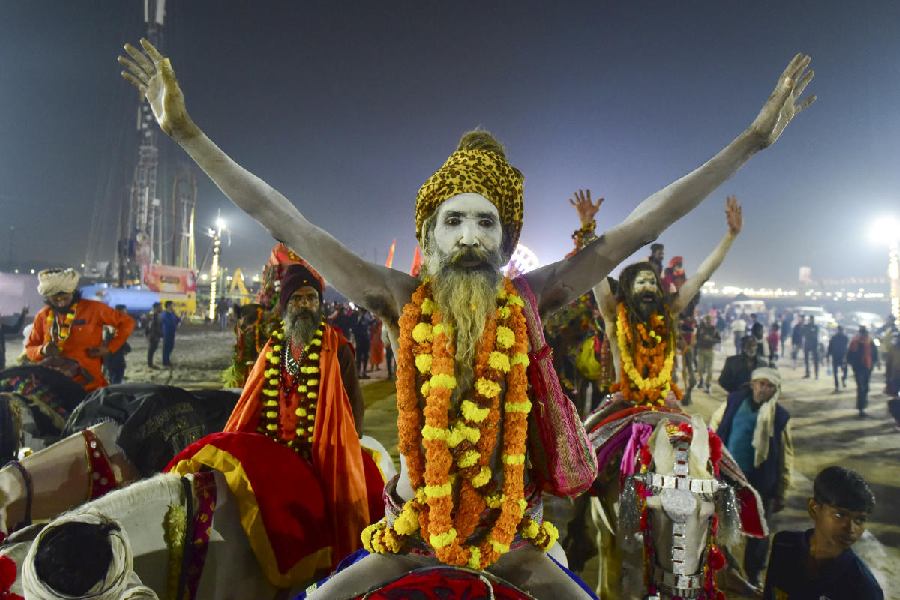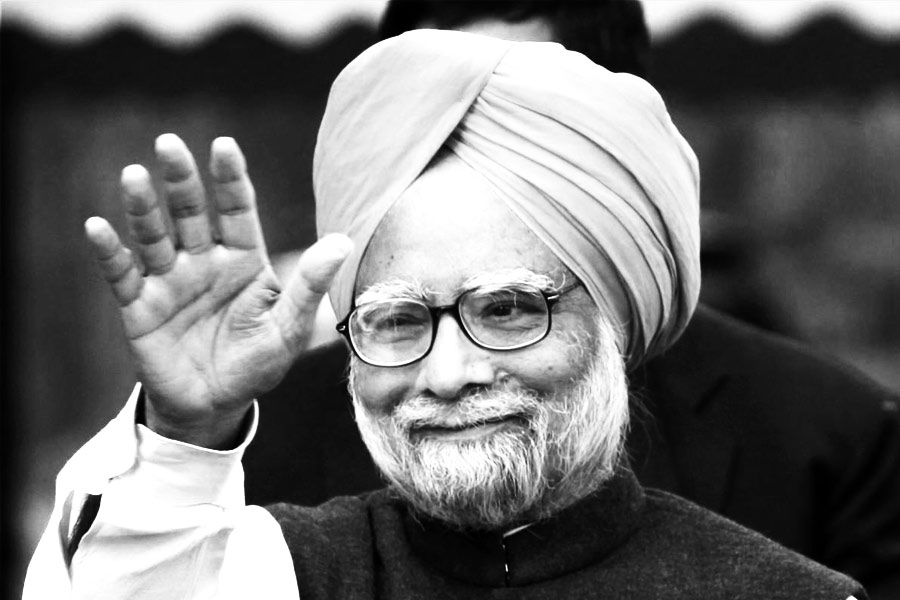In a major outreach to the Northeast, Union Home Minister Amit Shah on Thursday announced reduction of areas imposed under the Armed Forces (Special Powers) Act (AFSPA) in Nagaland, Assam and Manipur after decades.
But, a ministry spokesperson clarified that the decision does not imply that the AFSPA has been completely withdrawn from the three insurgency-hit states but will continue to be in force in some areas of the three states.
In a series of tweets, Shah said: "In a significant step, GoI (Government of India) under the decisive leadership of PM Shri @NarendraModi Ji has decided to reduce disturbed areas under Armed Forces Special Powers Act (AFSPA) in the states of Nagaland, Assam and Manipur after decades."
The home minister said the reduction in areas under AFSPA is the result of the improved security situation and fast-tracked development due to the consistent efforts and several agreements to end insurgency and bring lasting peace in the Northeast by the Modi government.
"Thanks to PM @NarendraModi Ji's unwavering commitment, our North-Eastern region, which was neglected for decades is now witnessing a new era of peace, prosperity and unprecedented development. I congratulate the people of North East on this momentous occasion," he said.
The Centre's move comes at a time when the continued demand to repeal the act has gained renewed momentum following the death of 14 civilians in firing by security forces in a botched anti-insurgency operation and retaliatory violence in Mon district of Nagaland on December 4 last year.
AFSPA empowers security forces to conduct operations anywhere and arrest anyone without any prior warrant. It also gives a certain level of immunity to the security forces in case of an operation going wrong. The law was brought in to help security forces in countering insurgency in what the government considered "disturbed areas".
In addition to giving them sweeping powers, it also gives the forces legal immunity against a civilian trial.
However, activists have been calling for the recall AFSPA for decades, citing instances of human rights abuses. Critics of the act say that AFSPA shields officers who indulge in human rights abuses and criminal acts as they can not be tried in a civilian court and the military's internal processes are opaque.
Under the act, the local police need prior approval of the central government to prosecute army or paramilitary forces in civilian courts.
In the recently concluded assembly elections in Manipur, all parties had promised to address the demand of removing the controversial act from the state.
Biren Singh, who returned as Manipur Chief Minister for the second term, fought the state elections with a measured promise to do something about AFSPA. Though he said he would work to remove AFSPA, he preferred a "balanced approach" that takes care of the ground reality.
Himanta lauds govt's AFSPA call
Assam Chief Minister Himanta Biswa Sarma on Thursday welcomed the Centre's decision to withdraw the Armed Forces (Special Powers) Act, 1958 completely from 23 districts and partially from one district of the state.
"I wholeheartedly welcome Adarniya PM Shri @narendramodi ji's decision to withdraw AFSPA from all areas of Assam barring nine districts and one subdivision, the chief minister said in a series of tweets.
He also conveyed his gratitude to Union Home Minister Amit Shah "for this great move. Around 60 per cent of the state's area will now be free from AFSPA's purview.
"It is a testimony to the significant improvement in law and order in the state. With peace getting primacy, North East is now on a new trajectory of growth and development".
"Due to Adarniya PM Shri @narendramodi ji's visionary leadership, the region is all set to become the new engine of India's growth Ashtalakshmi", Sarma said.











